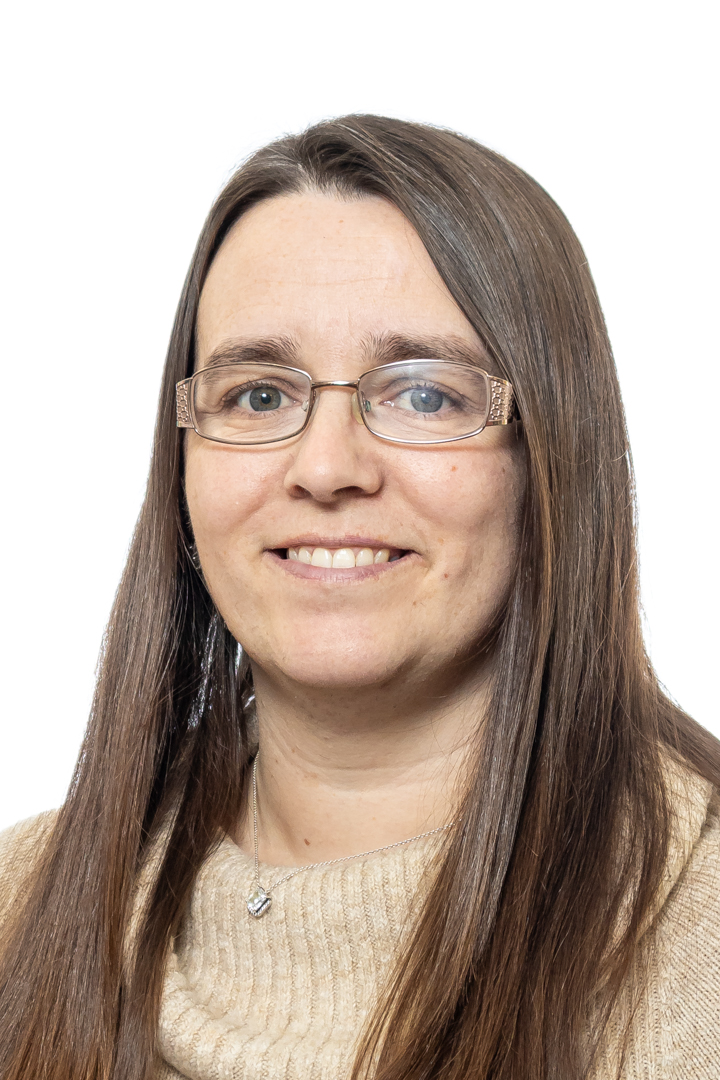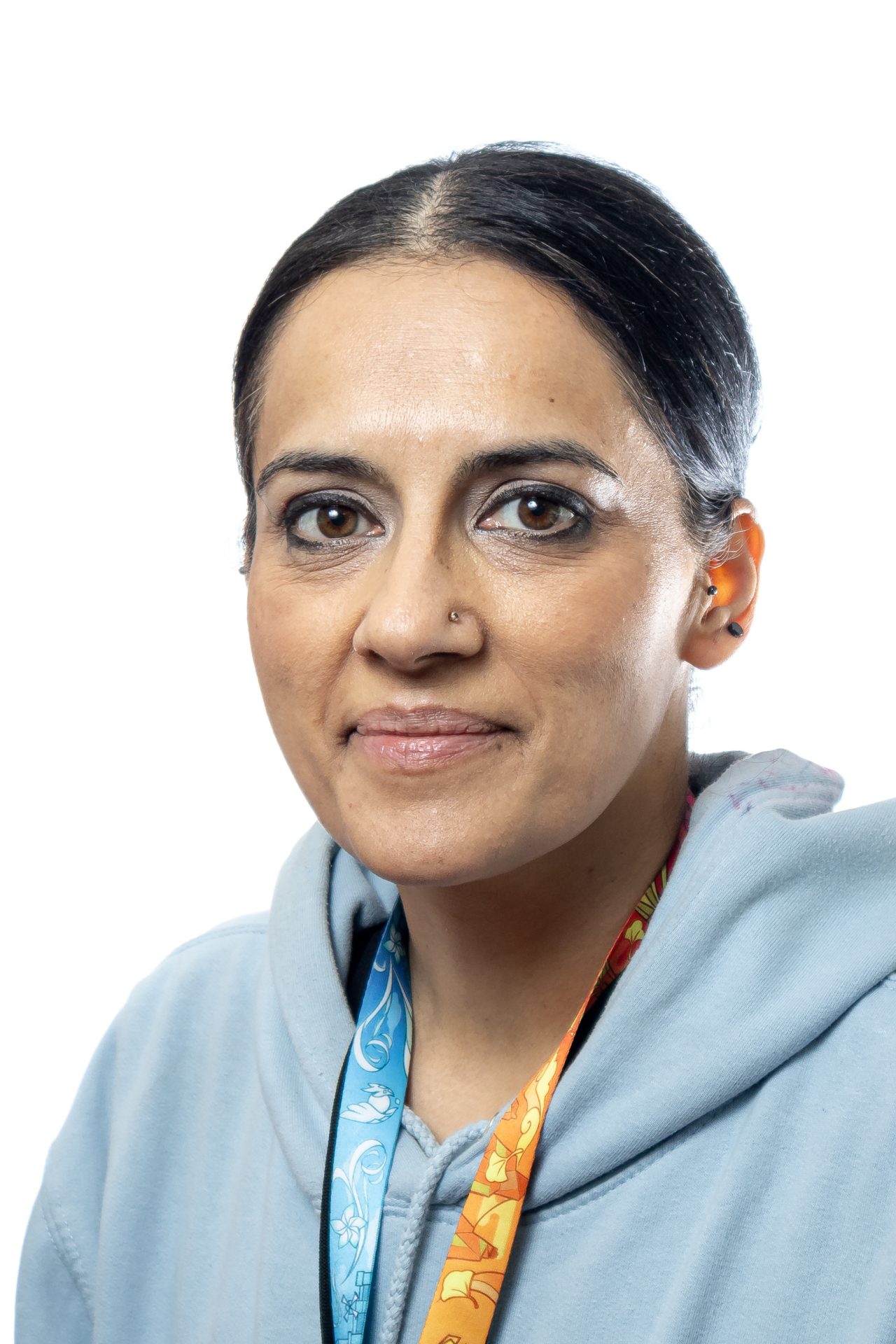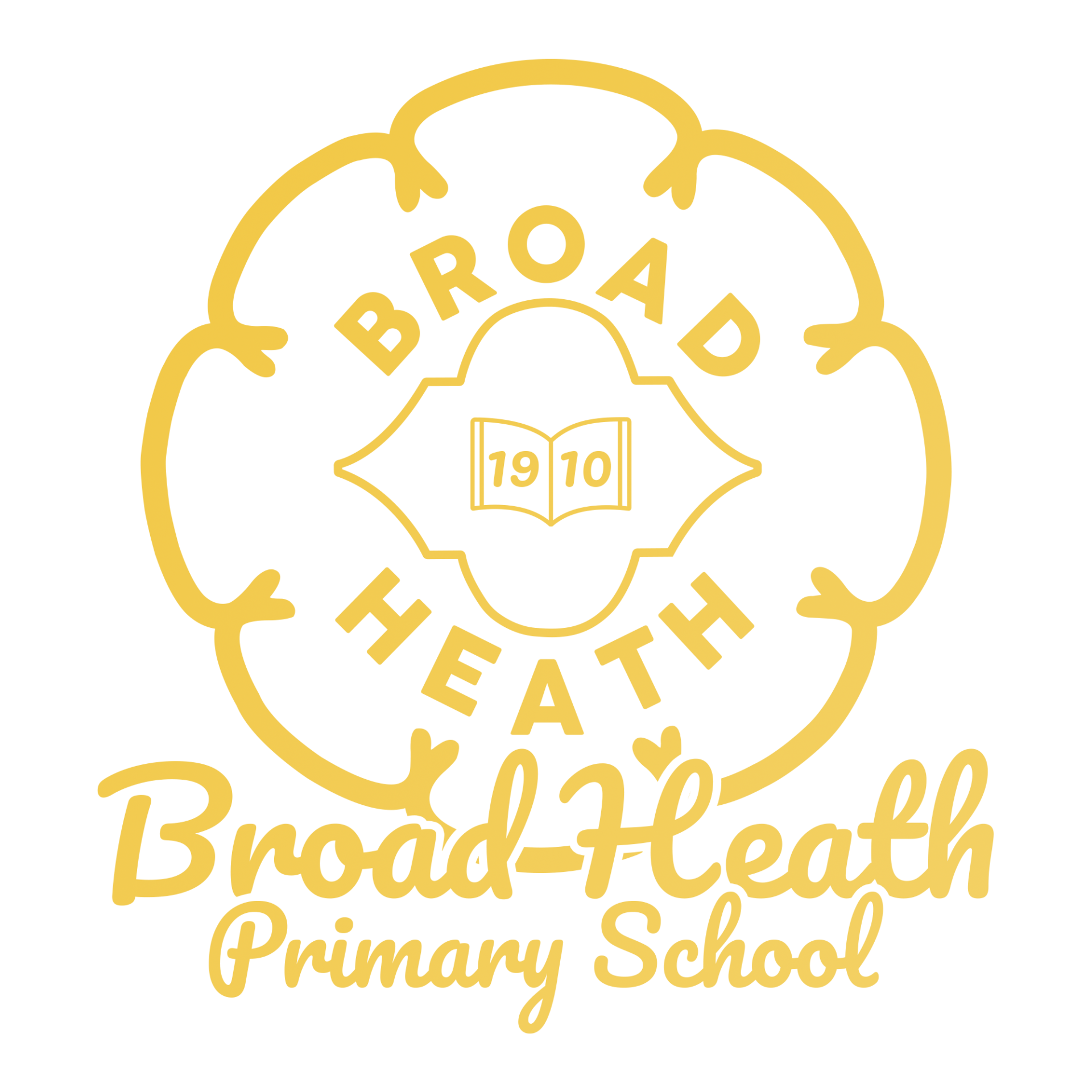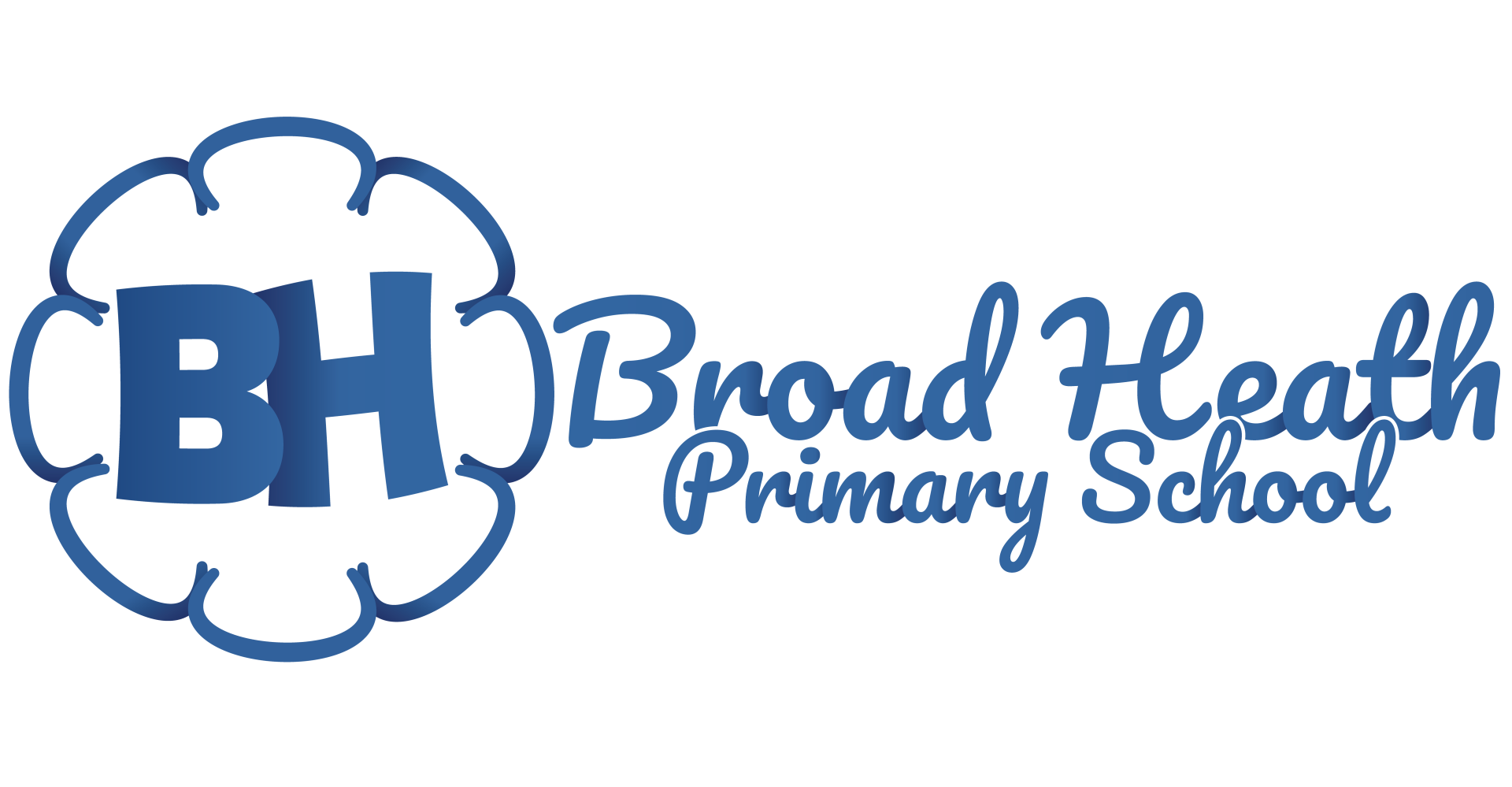What is SEND?
SEND stands for Special Educational Needs and/or Disability and has a legal definition. Children with SEND may have learning difficulties or disabilities that make it harder for them to learn than most children of the same age. At Broad Heath Primary School, we are committed to ensuring that all pupils, regardless of their specific needs, make the best possible progress in school.
SEND students may require additional support and/or resources when completing learning tasks at school. Provision can be considered to fall under the following four broad areas:
Cognition and learning.
Cognition and learning needs may encompass most of the curriculum, such as for pupils with MLD or SLD. However, cognition and learning needs may only impact on specific areas such as reading, writing, spelling and mental calculations. Cognition and learning needs generally account for difficulties in curriculum-related areas such as:
- reading, writing and spelling
- numerosity
- comprehension
- processing difficulties such as sequencing, inference, coherence and elaboration
- working memory
- short term verbal memory
- other types of executive function difficulties
http://www.thedyslexia-spldtrust.org.uk/
Social, emotional and mental health.
Social, emotional and mental health (SEMH) needs are a type of special educational needs in which children/young people have severe difficulties in managing their emotions and behaviour. They often show inappropriate responses and feelings to situations.
This means that they have trouble in building and maintaining relationships with peers and adults; they can also struggle to engage with learning and to cope in classroom without additional strategies and interventions. Children with SEMH will often feel anxious, scared and misunderstood.
Communication and interaction.
Children and young people with ASD, including Asperger’s Syndrome and Autism, are likely to have particular difficulties with social interaction. They may also experience difficulties with language, communication and imagination, which can impact on how they relate to others. Communication and interaction needs could include:
- difficulties with producing or responding to expressive or receptive language
- difficulties uttering speech sounds
- difficulties understanding spoken and other communications from others
- difficulties with understanding age-related social conventions of interaction, such as turn-taking during conversations or appropriate level of physical contact during play
ADHD
https://www.nhs.uk/conditions/attention-deficit-hyperactivity-disorder-adhd/symptoms/
https://www.bekindtomymind.co.uk/parent-resources-for-condition/adhd/

Autism

https://www.autism.org.uk/what-we-do/news/new-autism-strategy
Speech and Language
Speech & Language Therapy (SLT) aims to support children and young people to reach their full potential with speech, language and communication. SLT also support children with feeding and swallowing.
https://www.coventrychildrensslt.co.uk/
https://youtu.be/GBlWdv0TTSY?list=PLieO4dyQfSQOhPn5M33PwmHRTX2R8qOTb
Sensory and/or physical
Physical and sensory needs cover a wide range of medical conditions. Some children with physical disabilities may be very cognitively able so the levels of support must be tailored to a person-centred needs analysis of each child’s needs and preferences, taking into account the views of children and their families.
We have access to the Coventry Sensory team. The Sensory Team are specialist (hearing and vision) teachers and support staff providing highly specialist support for children with hearing or vision difficulties.
What is SEND?
FAQs
SEND Policy
Coventry Local Offer
SENDco

(SENDco Lead)

(SEND LSA)

(SEN LSA)
SEND Staff
Our provision of quality first teaching is based on action research:
Explicit instruction
Most lessons follow the ‘I do, we do, you do approach.’ By explicitly modelling we are supporting our children with SEND.
Cognitive and metacognitive strategies
By understanding how children learn we can adapt our teaching effectively to ensure all children are included in the learning process. Chunking information, displaying information in a visual way and pre-teaching are examples of this method.
Scaffolding
This means breaking up the lesson into chunks and providing the children with a scaffold to support them at every step, for example, this could be a modelled example in maths or a writing frame in writing.
Flexible grouping
Children are not sat in ability groups; children it in flexible groupings which can change depending on the assessment for learning that the teacher has made through questioning and observing etc. Some children will work in small groups or 1:1 but they will also join whole class flexible groupings as well.
Using technology
We use technology to advance teaching for example we use interactive apps to practice key skills.
For further information:


Our SEND Curriculum
Our SEND and disadvantaged children are at the heart of our curriculum design.
We are inclusive, ambitious and nurturing of our pupils with SEND.
We work closely with outside agencies to provide the best outcomes for our pupils with SEND:
Complex Communication Team
School nursing team
SEMHL Teachers
Speech and Language Service NHS
Paediatricians
Physio
SENDIASS
Educational Psychology
As part of our Graduated Approach, we provide specific interventions and provision to meet individual needs:
SCLN:
- SALT therapy sessions
- SALT therapist from Coventry NHS
- Personalised Visual timetable
- Pre-teach vocabulary
SEMHL:
- Nurture club/ friendship groups etc.
- Promoting life skills – tying shoelaces etc.
- 1:1 Pastoral sessions
Sensory and Physical (PD)
- Ear defenders
- Fiddle toy
- Sensory space
- Pencil grips
Cognition and learning:
- Over learning – Precision teaching
- Pre-teaching – Same day maths/phonics
-Visuals & modelling -Now/Next

